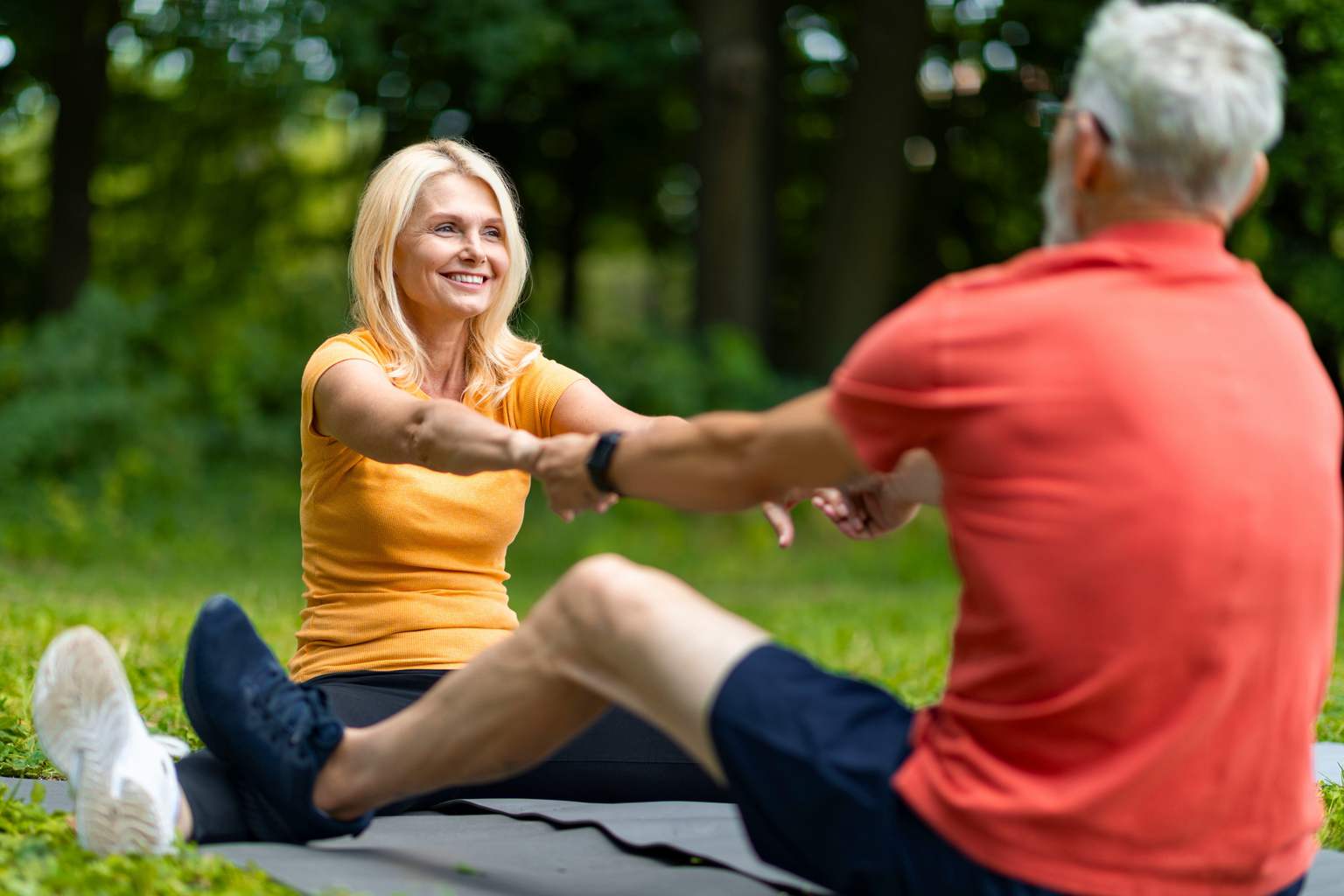Resistance bands are quietly transforming how retirees over 60 build muscle and improve balance—without the hassle of weights or the strain of push-ups. These simple, elastic bands might just be the most accessible and effective tool to maintain strength and independence, all from the comfort of your own home.
If you’re wary of bulky equipment or complicated routines, resistance bands offer a gentle, adaptable approach that helps seniors boost muscle power, stability, and overall mobility. Let’s explore why these bands are quickly becoming a favorite among older adults seeking functional fitness.
Why resistance bands are the perfect exercise choice for retirees
Forget aloe vera and glycolic acid: the best secret for glowing skin on vacation
Age often brings challenges like joint pain, limited flexibility, or fear of injury, making traditional workouts feel intimidating. Resistance bands tackle these concerns head-on by providing controlled tension that gently challenges the muscles without stressing the joints. This makes exercises safer and more comfortable for anyone managing arthritis, previous injuries, or general stiffness.
Unlike free weights that can strain wrists or shoulders due to gravity’s pull, resistance bands distribute the load more evenly. Movements like seated rows or leg presses engage multiple muscle groups safely, reducing discomfort while delivering great results. They’re also incredibly portable—you can take them anywhere and start a workout anytime.
How resistance bands build real-world strength and improve balance
Neither slippers nor flip-flops: this type of clog is ideal for people over 65 at home
Strength isn’t just about looking fit—it’s about performing everyday tasks with ease. Carrying groceries, climbing stairs, and even getting up from a chair all need practical muscle power. Resistance band exercises mimic these natural movements, helping you grow the exact strength required for daily life.
For example, wrapping a band around your thighs and performing lateral steps targets the hips and glutes, directly supporting walking stability and balance. Other moves, like single-leg kicks or standing chest presses, force your body to recruit stabilizing muscles to stay balanced, which sharpens your body’s ability to prevent falls.
Falls are the leading cause of injury hospitalizations among older adults. Strengthening those stabilizing muscles through resistance bands is a simple, proactive way to lower that risk and stay independent longer.
How to progress with resistance bands and enjoy mental benefits
Resistance bands come in a variety of tensions, from light to heavy, so you can start gently and increase intensity as your strength grows. This gradual approach is perfect for avoiding overexertion and keeping workouts challenging but manageable—an essential balance for seniors.
Beyond physical gains, resistance band workouts can also boost your mood and brain health. Physical activity releases endorphins, those natural feel-good chemicals that reduce stress and lift spirits. Plus, the focus and coordination these exercises demand stimulate cognitive engagement, keeping your mind sharp and alert.
I remember when my own grandmother started using resistance bands. At first, she was hesitant, unsure if such simple equipment could truly make a difference. Within weeks, she noticed herself standing taller, walking steadier, and even recovering quicker from minor falls. More importantly, she felt empowered and happy with her progress, eager to keep moving forward.
Affordable and portable, resistance bands break down common workout barriers. Even a daily 20-minute session can enhance muscle tone, energy, and confidence. They fit easily into any routine, whether at home or on the go, making consistency easier than ever.
Have you tried resistance bands, or do you prefer other ways to stay strong and balanced? Share your experiences in the comments below! What exercises have made the biggest difference for your fitness? Let’s start a conversation and help each other stay active and independent.
